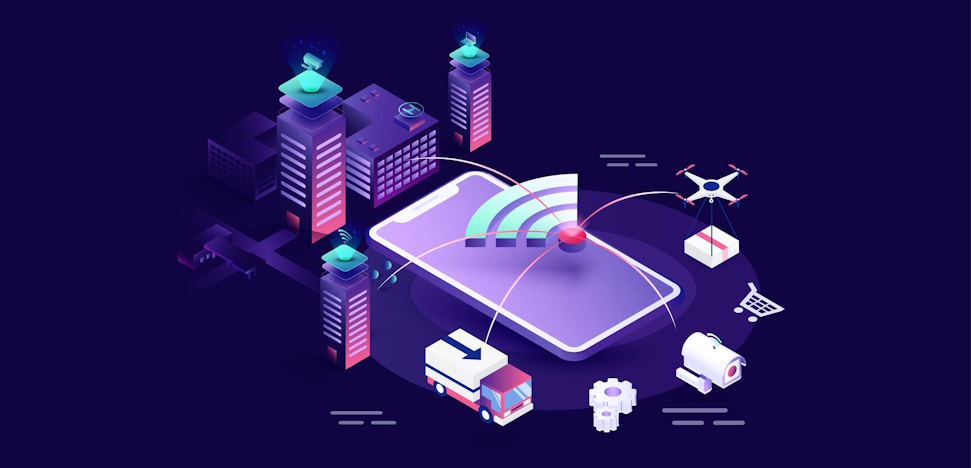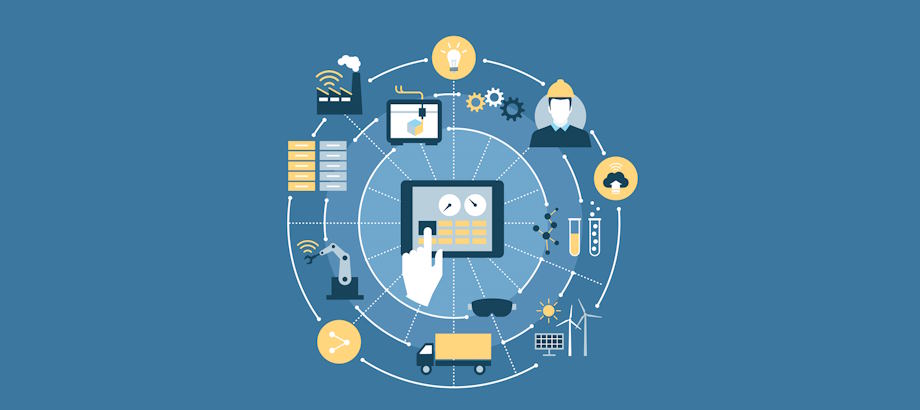The Internet of Things (IoT) has revolutionized the way businesses operate, ushering in a new era of connectivity and data-driven decision-making. With IoT, everyday objects are equipped with sensors, software, and network connectivity, enabling them to collect and exchange data. This transformative technology has opened up a world of opportunities for businesses, allowing them to enhance data collection and analysis, streamline operations, improve customer experience, and explore new revenue streams. However, along with these opportunities come challenges, such as security and privacy concerns, scalability, data management, and regulatory implications.
Opportunities of IoT in Business
The Internet of Things (IoT) has opened up a world of opportunities for businesses, revolutionizing the way they operate and interact with their customers. By harnessing the power of IoT, organizations can unlock numerous benefits that contribute to their growth and success. Let’s explore some of the key opportunities that IoT offers in the business landscape.
Streamlined Operations and Efficiency:
IoT enables businesses to automate processes and workflows, leading to streamlined operations and improved efficiency. Connected devices and sensors can monitor and control various aspects of operations, reducing the need for manual intervention. For example, IoT can automate inventory management, supply chain logistics, and production processes, minimizing errors and maximizing productivity. Additionally, IoT facilitates predictive maintenance and asset management, allowing businesses to identify potential issues before they escalate, thus reducing downtime and optimizing resource allocation.

Improved Customer Experience:
IoT empowers businesses to deliver personalized and tailored products and services, enhancing the overall customer experience. By collecting data on customer preferences, behavior, and usage patterns, businesses can customize their offerings to meet individual needs. For instance, IoT-enabled wearables can track user activity and provide personalized health recommendations. Furthermore, IoT facilitates better customer engagement and satisfaction by enabling real-time communication, proactive support, and seamless interactions across various touchpoints.
New Revenue Streams and Business Models:
IoT opens up opportunities for businesses to explore new revenue streams and innovative business models. For instance, the rise of Product-as-a-Service (PaaS) models allows companies to offer products on a subscription basis, providing ongoing value to customers while establishing a steady revenue stream. Moreover, businesses can monetize the data generated by IoT devices by offering analytics services or selling aggregated insights to other organizations. This enables businesses to create additional value from their IoT investments and drive sustainable growth.
Strategies for Implementing IoT in Business
While the Internet of Things (IoT) presents immense opportunities for businesses, implementing it successfully requires careful planning and strategic considerations. To ensure a seamless integration and maximize the benefits of IoT, organizations need to adopt specific strategies. Let’s explore some key strategies for implementing IoT in business.
Robust Security Measures:
Security is a critical aspect of IoT implementation. Businesses must prioritize the protection of their IoT devices and the data they generate. Implementing robust security measures involves utilizing encryption and authentication protocols to safeguard data transmission and device access. Additionally, regular security audits and updates are essential to identify and address vulnerabilities proactively. By prioritizing security, businesses can protect sensitive data, maintain customer trust, and mitigate the risks associated with IoT.

Cross-functional Collaboration:
IoT implementation requires collaboration between IT and operational teams. It is crucial to establish effective communication channels and encourage cross-functional collaboration. IT teams can provide expertise in IoT infrastructure, connectivity, and data management, while operational teams can contribute their insights into specific business needs and requirements. This collaboration ensures that the IoT strategy aligns with the overall business objectives, resulting in a more integrated and effective implementation.
Scalable and Interoperable Infrastructure:
To successfully implement IoT, businesses must focus on building a scalable and interoperable infrastructure. This involves adopting standardized protocols and communication frameworks that allow different IoT devices and platforms to seamlessly interact and exchange data. Furthermore, the infrastructure should be flexible enough to accommodate future growth and changes in technology. A scalable and interoperable infrastructure enables businesses to leverage IoT’s potential fully, integrate diverse devices, and adapt to evolving business needs.
Data Governance and Analytics:
Effective data governance and analytics play a crucial role in IoT implementation. Establishing data management policies ensures proper handling, storage, and protection of the vast amounts of data generated by IoT devices. It involves defining data ownership, access controls, and privacy guidelines. Furthermore, businesses should leverage advanced analytics tools and technologies to derive actionable insights from the collected data. By employing robust data governance practices and leveraging analytics, businesses can extract valuable insights to drive informed decision-making and gain a competitive edge.
